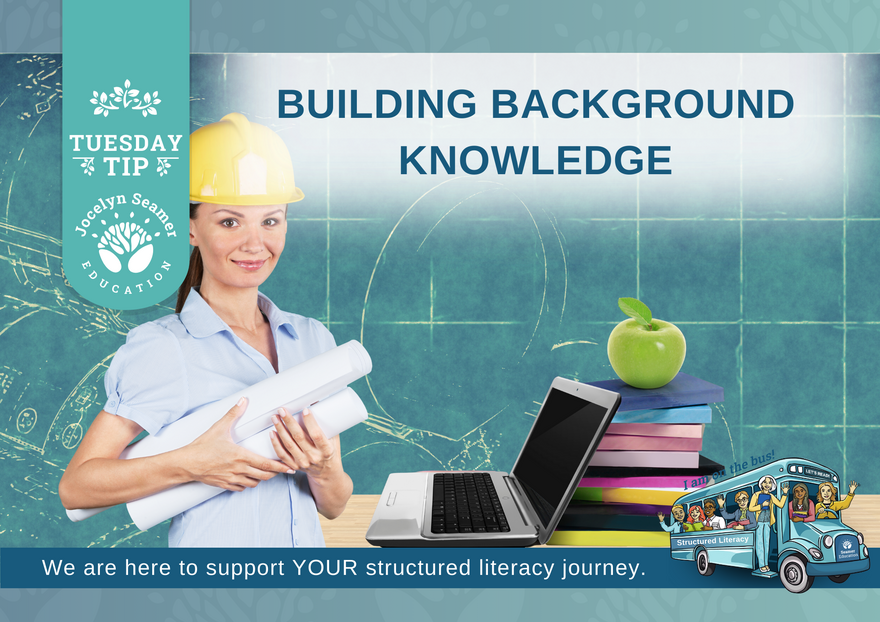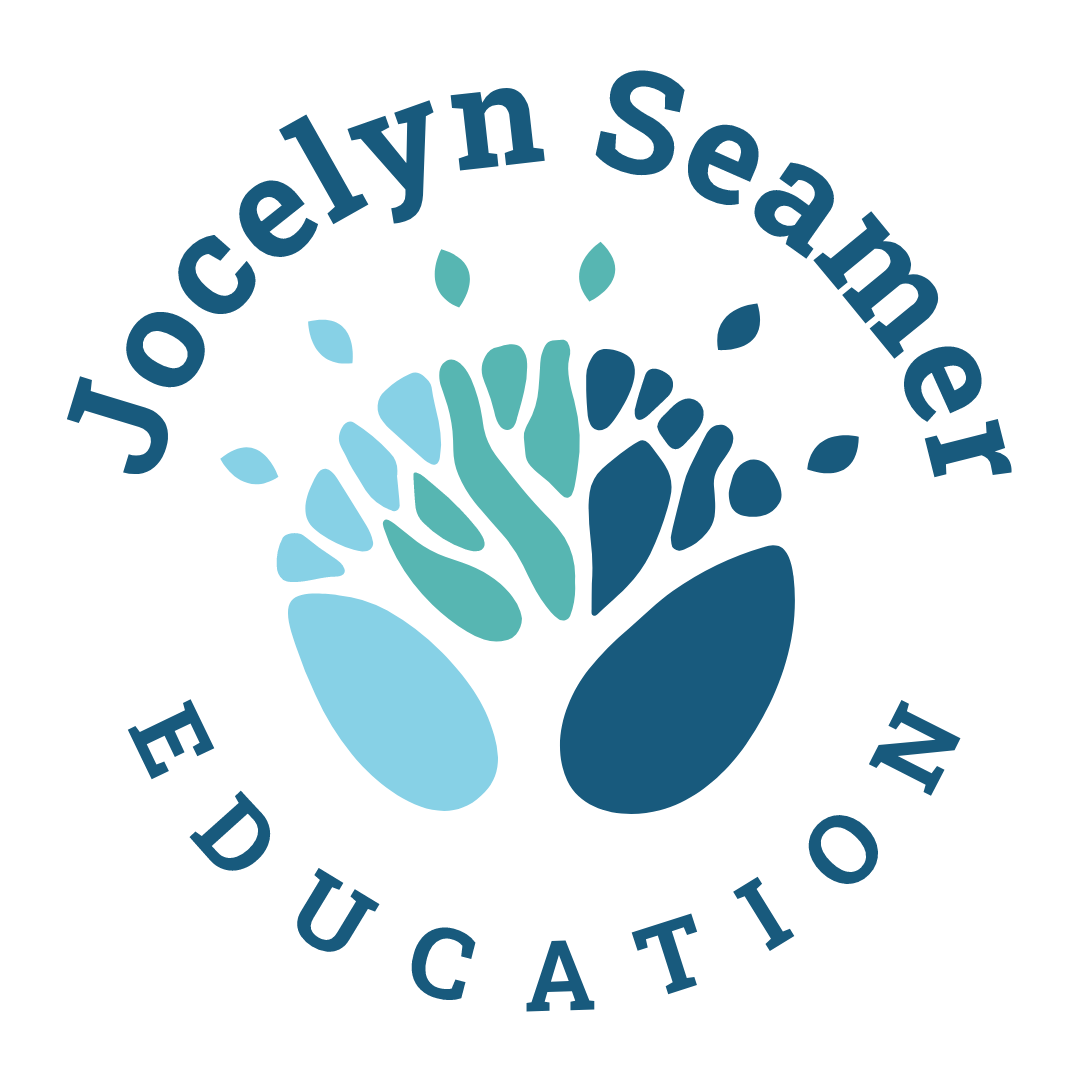Tuesday Tip - Building Background Knowledge

In today's Tuesday Tip, I discuss that helping children build comprehension, background knowledge and vocabulary is crucial. This can can be done by aligning content areas with English lessons or using simple non-fiction texts before fiction, creating meaningful connections between subjects.
Video Transcript
Hey there, my name is Jocelyn, and it's time for a tip. Background knowledge is incredibly important if we're going to help children build comprehension. Comprehension does not come about just through teaching a range of comprehension skills, such as we're teaching inference for a term. That's actually not how it works.
We need vocab and background knowledge, and there's a few different ways that you can do this. One of the ways is by choosing skills. Simple non-fiction text that you can read before reading a fiction text. So it's great for the early years or if you're working with picture books. In the upper primary years, another way that you can do it is to align your content learning area with your English unit.
So if you're teaching about some concept around colonial Australia in year five, such as the Eureka Stockade, choose a novel to read with the class, such as Jackie French's The Night They Stormed Eureka. So that the background knowledge of the HASS unit builds the knowledge for English, but the English novel builds context to understand the HASS unit.
These two things can feed off each other. So those two ways was to align content teaching and English. So we're not trying to integrate everything. We're just creating a meaningful connection and also having a range of short, purposeful, non fiction texts to meet the needs of reading a shorter text with your class.
Want to know more?
Click here to find out more about what an upper primary reading lesson looks like.
Click here to find out more about instruction in building background knowledge.
And click here to find out more about comprehension strategies.

Ready to help students with their meaningful connections? Join the Resource Room today.

 Jocelyn Seamer Education
Jocelyn Seamer Education
1 comment
In the past we always created units of work that did this - connected as many subject areas as possible. It made it much more sensible. Students received background knowledge and made connections. It just made sense to everyone. It was more interesting and and created a better learning "curriculum". Maked life easier for the teacher and the learner to understand the subject matter.
Leave a comment